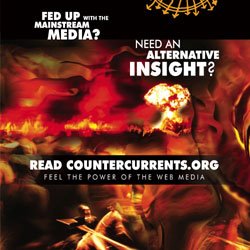Saudi Crown Prince Mohammed bin Salman must walk geopolitical tightrope during Asian tour
Saudi Crown Prince Mohammed bin Salman’s three-nation tour of Asia is as much about demonstrating he stands tall – despite Western criticism of the murder of journalist Jamal Khashoggi and the war in Yemen – as it is about exploiting geopolitical and economic opportunity. Prince Mohammed is betting on the optics of his visit to Pakistan, India, and China offsetting[Read More...]
